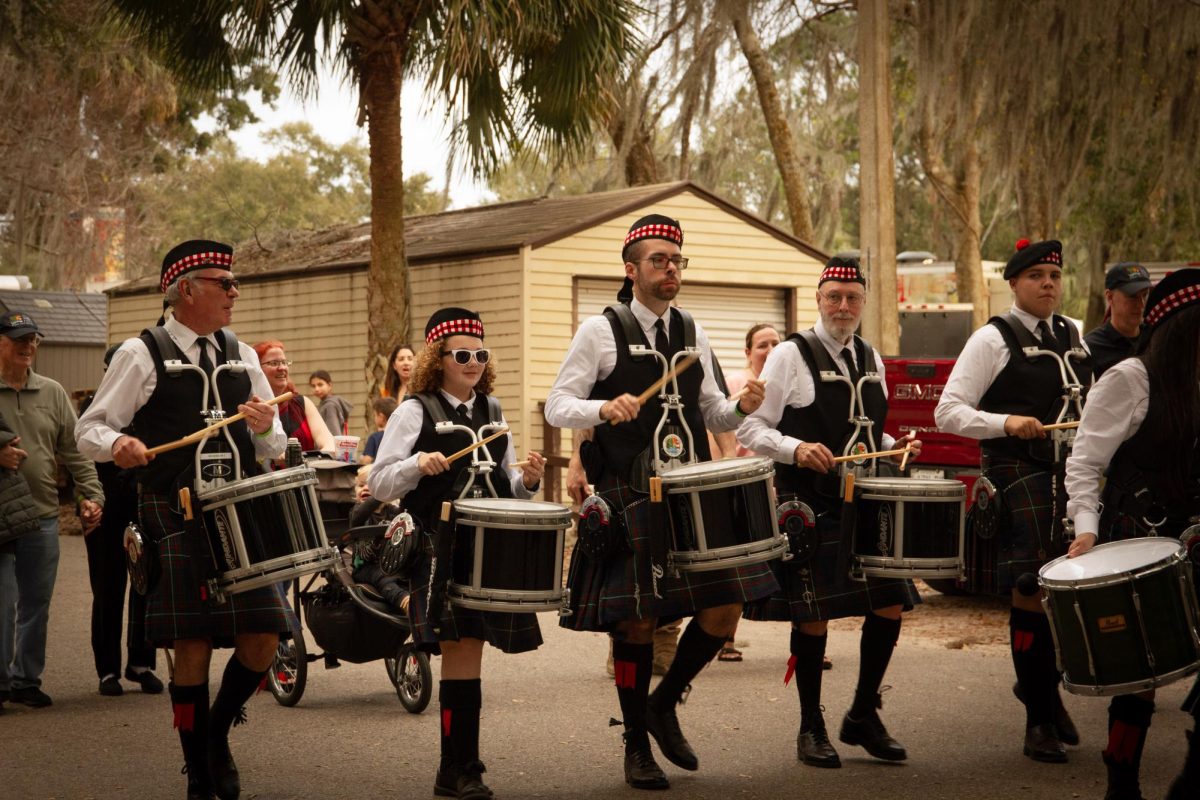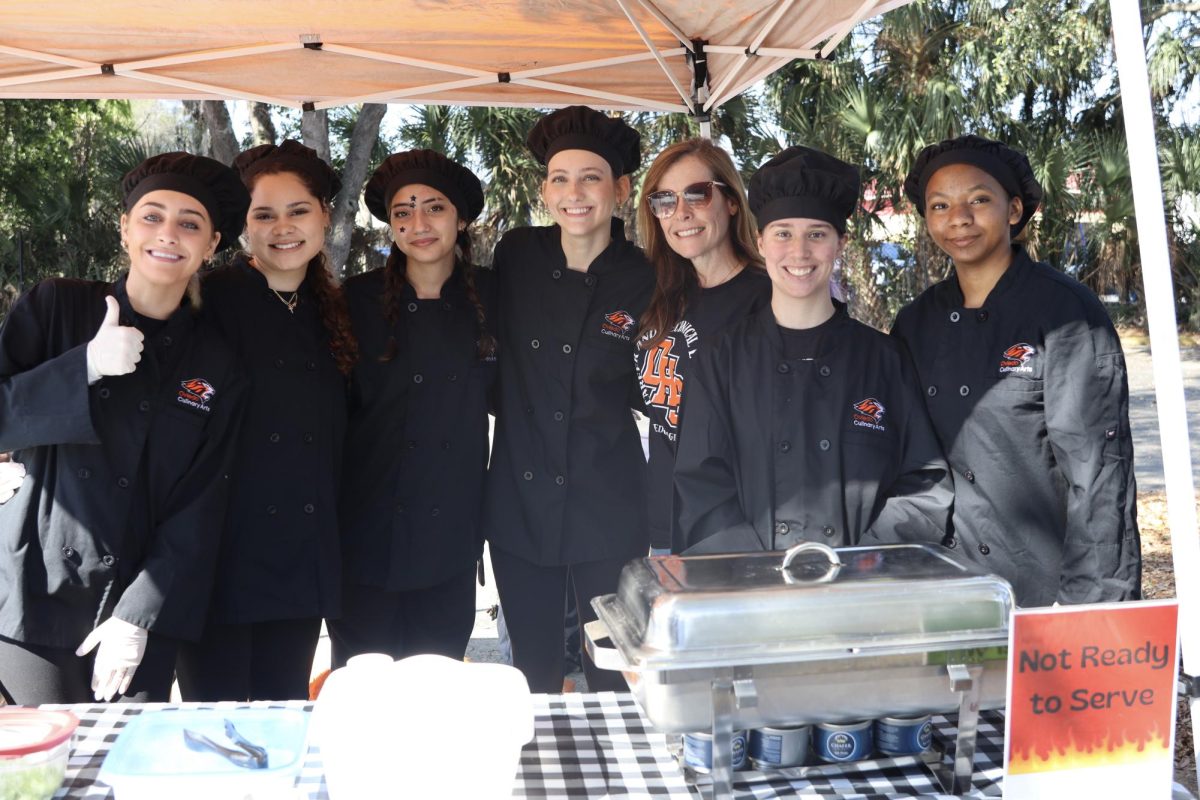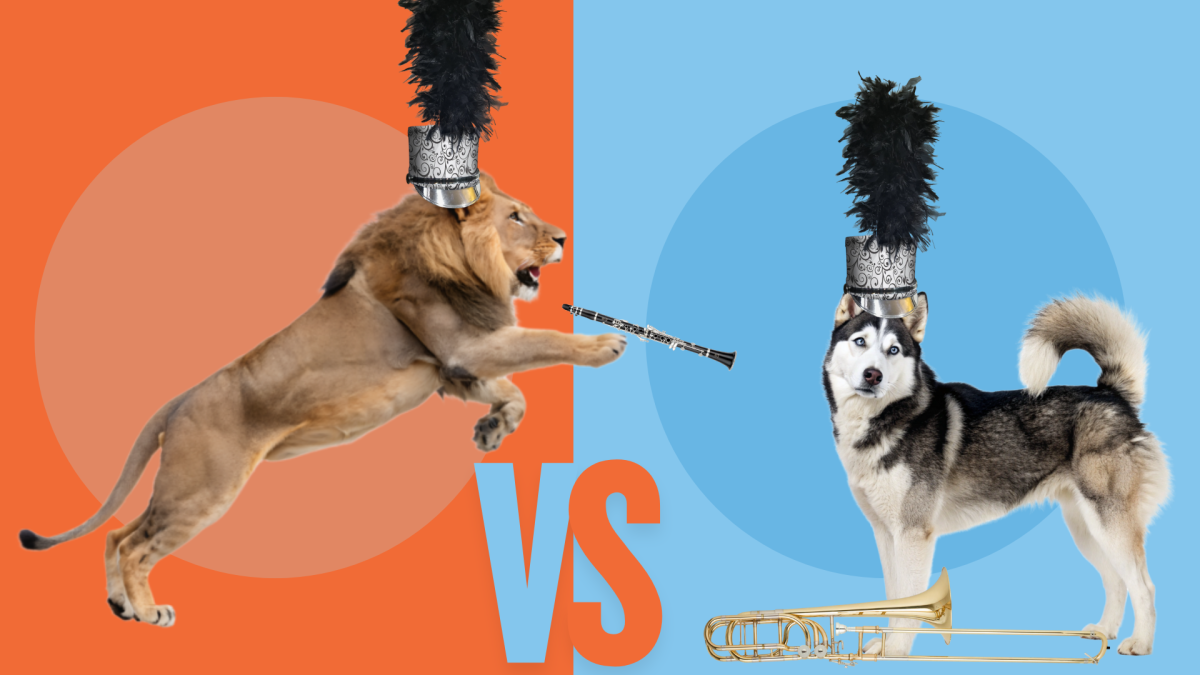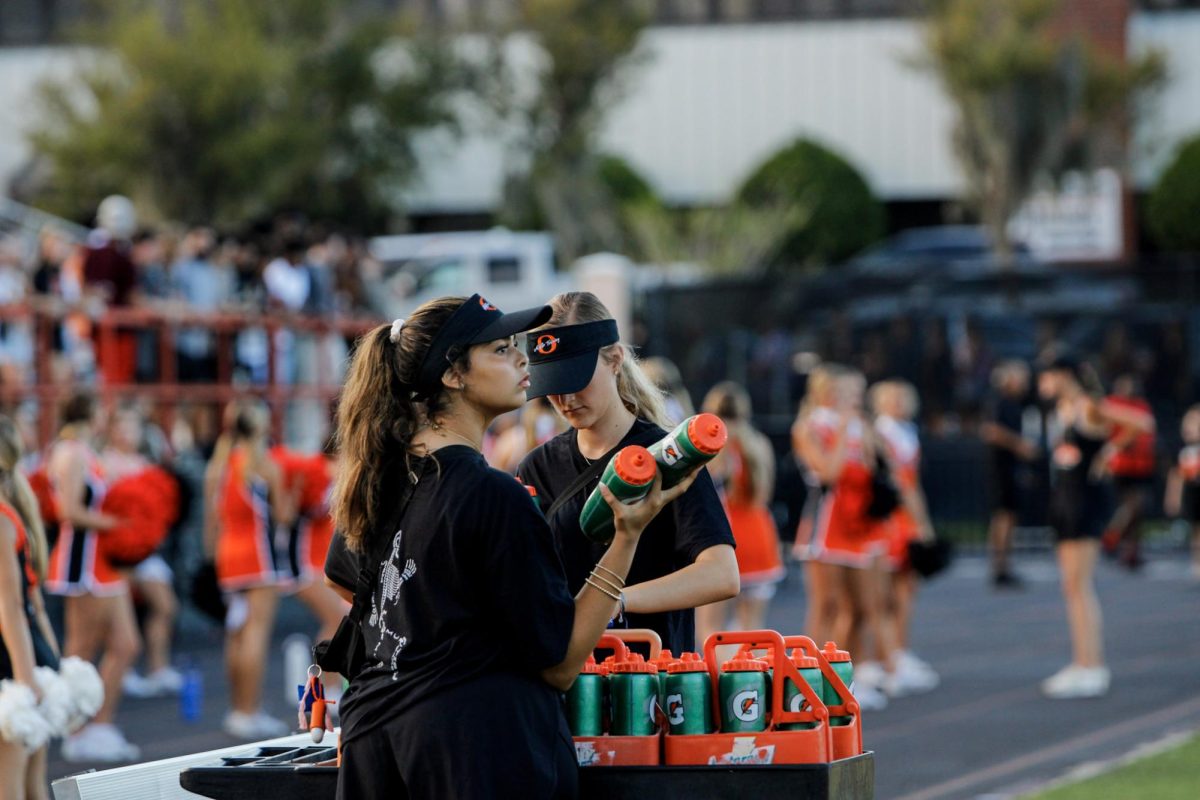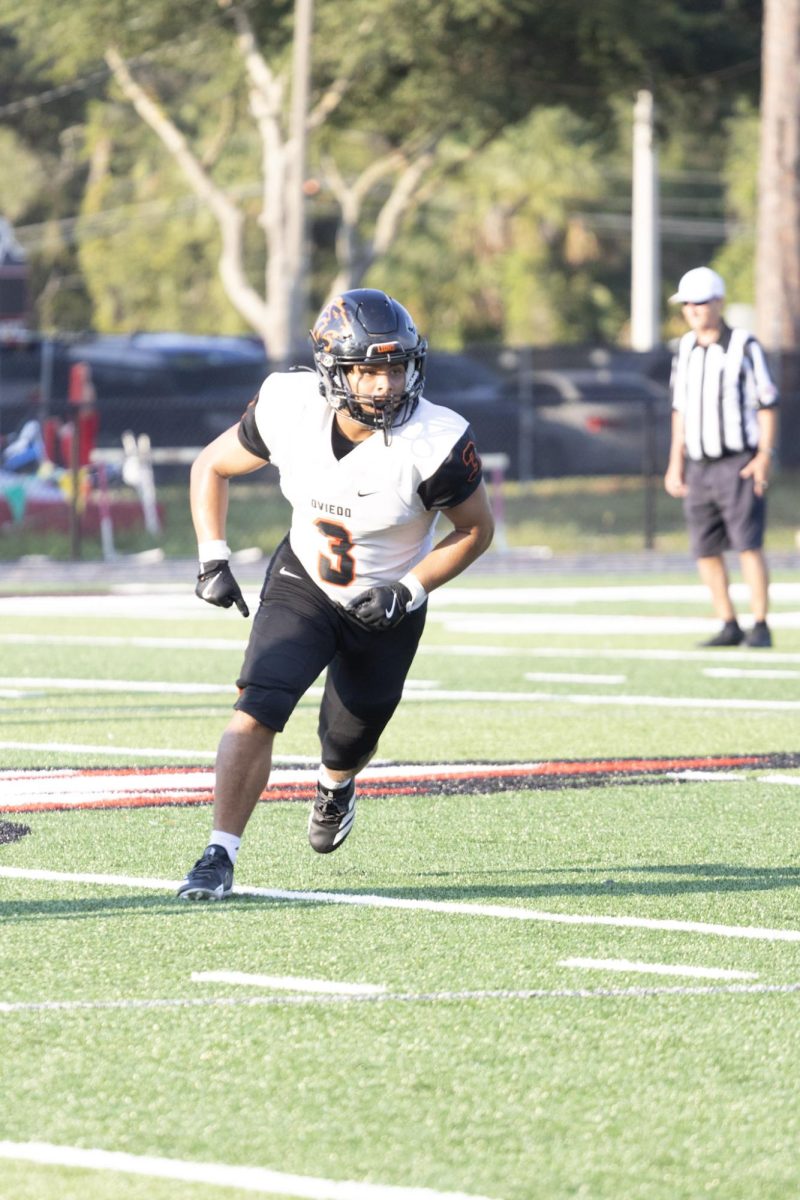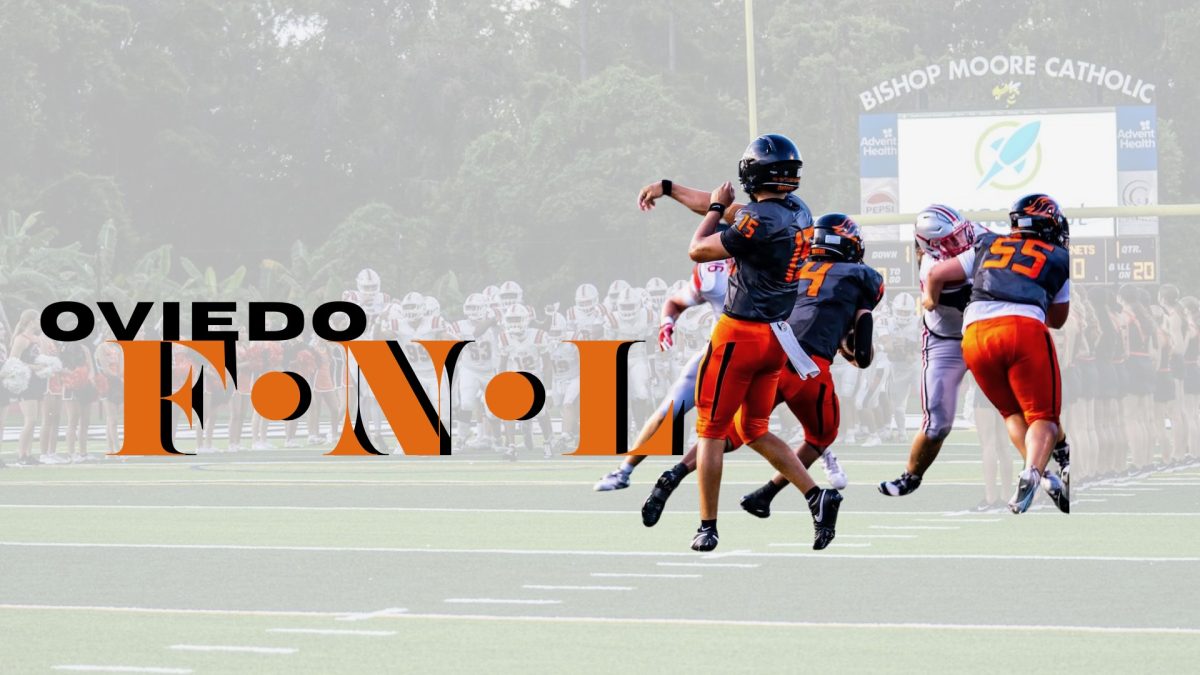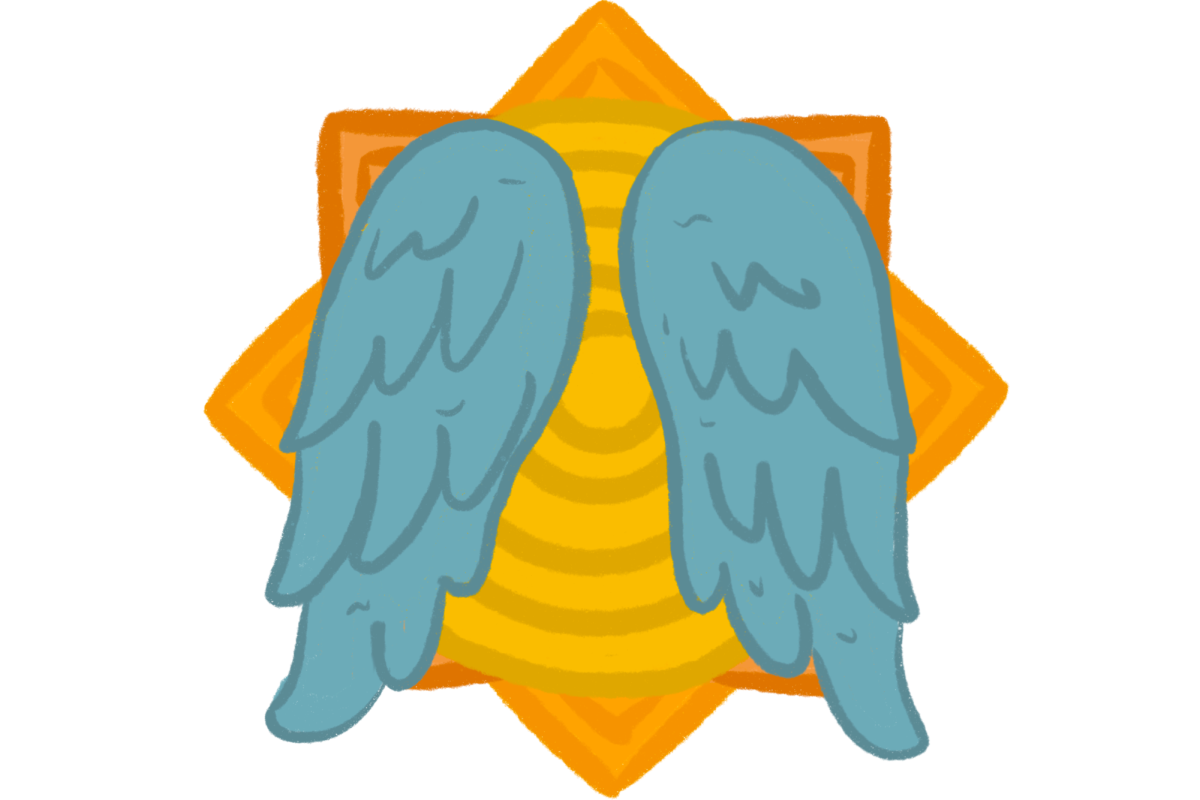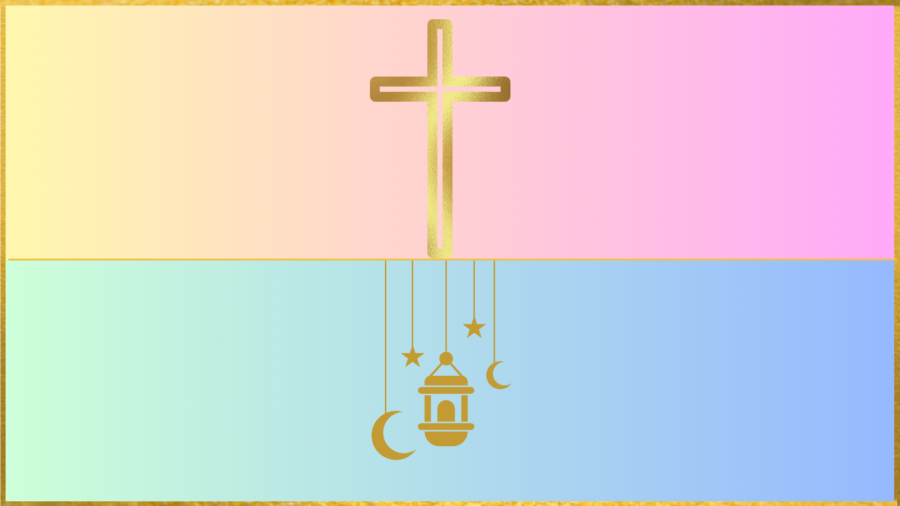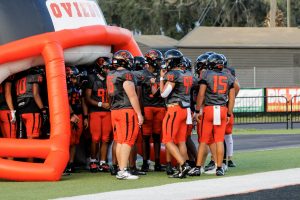Easter and Ramadan are differing traditions
2 traditions, celebrated respectively, come together in one month
April 8, 2023
For many religions, April is a month of momentous occasions and traditions. For Hinduism, it sometimes can be the festival of Holi, in Judaism it is the month of celebrating new beginnings and Passover, and for the non-religious, it just marks the home stretch to summer. However, the month is arguably the most known for the holidays associated with Christianity and Islam, whose celebrations observe the death and resurrection of Jesus and the knowledge bestowed upon the Muslim prophet Muhammad, respectively.
Beginning on Ash Wednesday, many Christians observe a season of fasting, sacrifice, and prayer, known as Lent. Easter marks the end of Lent and of Holy Week, which begins the Sunday before Palm Sunday. This marks the occasion when, in Christian theology, Jesus rode into the city of Jerusalem on a donkey and all who welcomed him let down their cloaks and robes upon the road and fanned palms in his honor. This happened while the governor of Judea, Pontius Pilate, rode into Jerusalem; however few showed up to greet and welcome him. Throughout the celebration of the Jewish holiday of Passover, Jesus awaits the moment he knows is coming. The story is very familiar to Western ears – Judas betrays Jesus, Jesus is sentenced to death by Pilate, he is shamefully adorned, he is crucified, he is buried, and then he rises the Sunday after his execution. It is one of the most celebrated stories in history and for many, shows that Jesus is the Messiah and son of God.
Ramadan is, much like the Christian tradition of Lent, a period of fasting and prayer. Ramadan, in English translates to ‘scarcity of rations.’ It revolves around Muhammad’s revelations and how the first chapters of the Quran were revealed to him. In Muslim belief, Muhammad was visited by the angel Gabriel in a cave who revealed to him the first lines of chapter 96 of the Quran – which is organized by the length of chapters, not chronologically. The Quran, to Muslims, is the literal word of God, or Allah; Muhammad did not write the Quran, he simply recited what was revealed to him by Allah. For Muhammad is said, could not write. During Ramadan, Muslims eat and drink only during nighttime as an exercise of discipline, as the prophet Muhammad did as instructed by Allah. Ramadan is celebrated during the ninth month of the year in the Islamic calendar.
”We observe Ramadan by fasting before the sun rises until the sun sets without eating or drinking, which is one of the five pillars of Islam,” Zakariya Rashied, 10, said. “We have a holiday called Eid-Al-Fitr which is a big celebration and people exchange gifts.”
Another tradition of Ramadan is to make an attempt to read the entirety of the Quran during prayers.
“It is important for all of us to follow our religion and practice being good Muslims,” Rashied said. “It brings us closer to God.”
On the topic of Easter, student Joseph Fiennes, 11, thinks it is a time to really appreciate the sacrifice that Jesus made for us.
“Easter means different things to many others; for one person it could be about all of the bunnies and chocolates, while for others it is another day to receive gifts or see family,” he said. “It means a lot to Christians as Easter is probably one of the most important holidays aside from Christmas, as it is when Jesus returned from the dead which is one of the most important biblical events.”
Easter and Ramadan can be very important to those of whom are religious. Ellis Miller, a local freshman, is not of any religious affiliation.
”I know that April showers bring spring flowers, but that’s about it. I do celebrate Easter, but not in its religious contexts,” Miller said.
They coexist as two of the most important times of year for the religions they are attached to. And all who celebrate should be proud to do so and honor the context of their celebrations. Even those who do not partake in celebrations with religious contexts can still find enjoyment out of all that April brings.

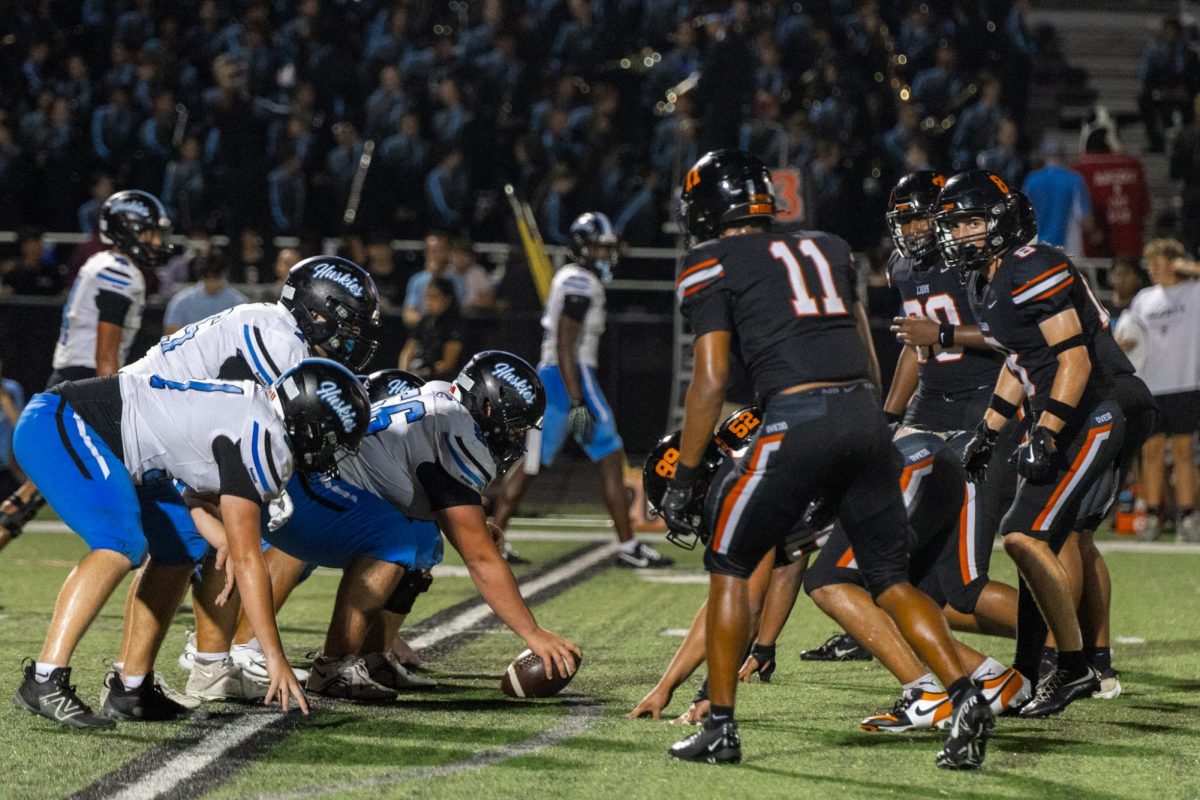
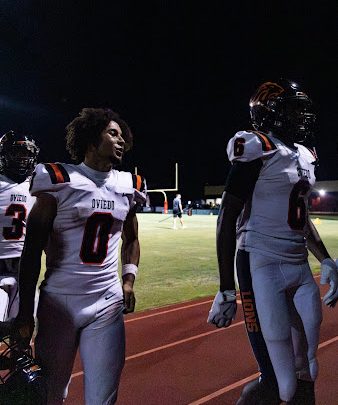
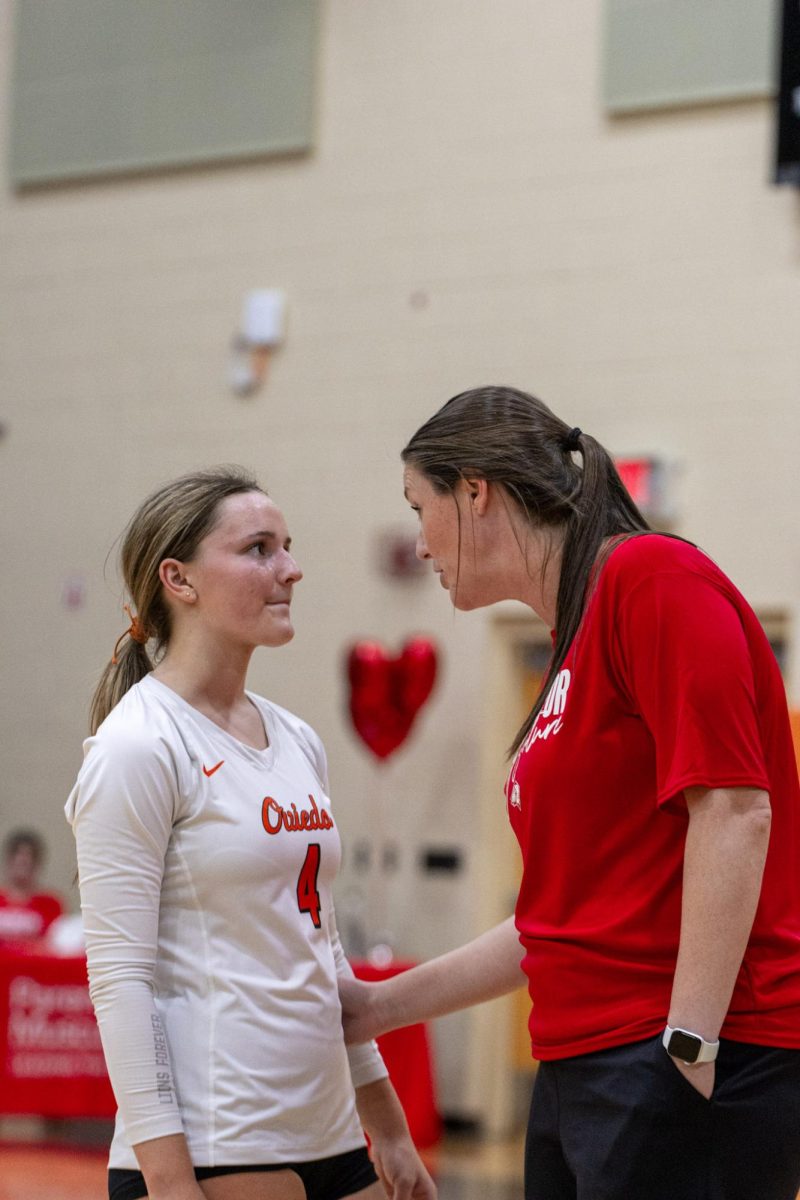

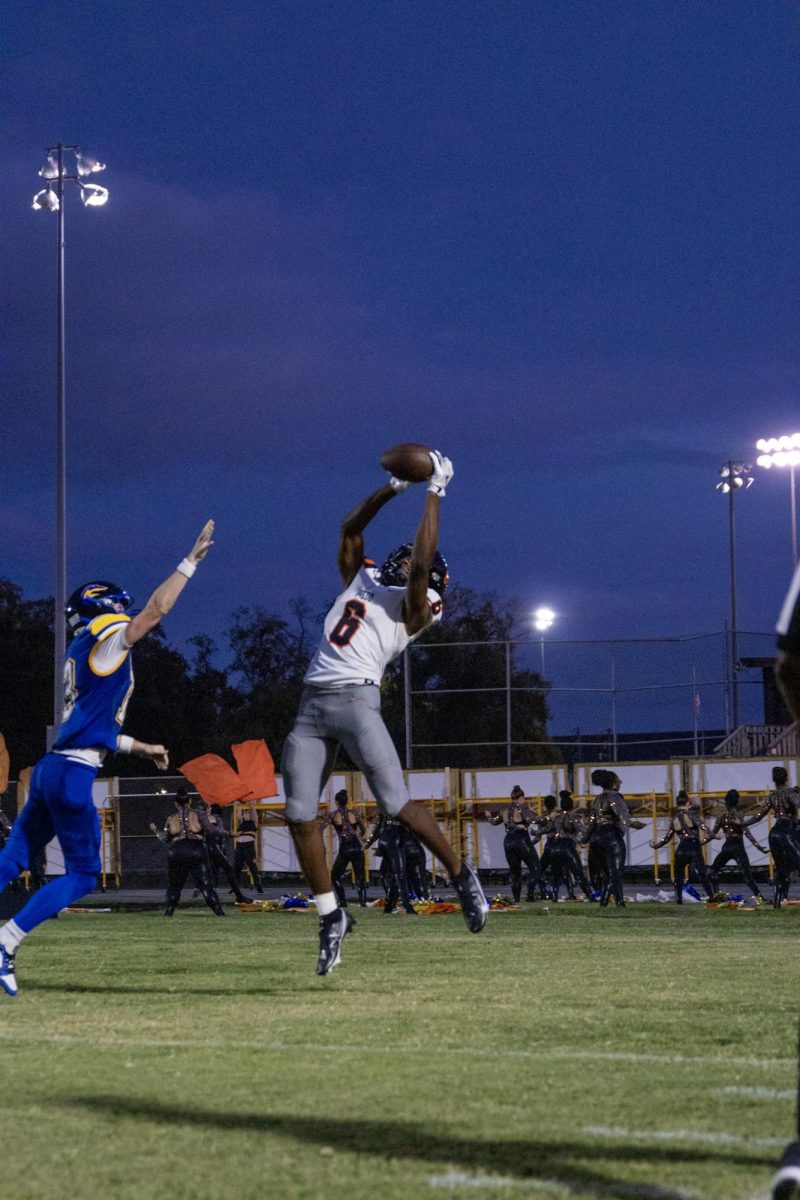


![Prom king Colin Napier and queen Leah Hopkins dance the night away during the Golden Gala on April 26th. Prior to the prom, the Student Government must make many preparations over the course of months in order to ensure it goes off without a hitch. However, their work eventually pays off when it comes time for the dance. “We set up [the prom] the day before, and it’s horrible. We’re there for a very long time, and then we get our beauty sleep, and then we get ready for prom the next day,” Aubrie Sandifer said.](https://oviedojournalism.com/wp-content/uploads/2025/05/Oviedo-197-800x1200.jpg)
